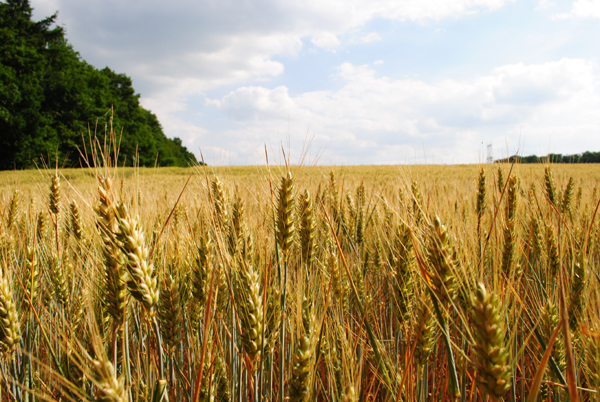Thought for Food
Could perennial grains help feed a burgeoning world population and make the planet safer at the same time?
A policy forum paper in the journal Science, titled “Increased Food and Ecosystem Security via Perennial Grains,” co-authored by NC State crop scientist Jim Holland, makes the case in the affirmative. The gist of the paper is that the production of perennial grains can help feed more people and reduce stress on the world’s fertile grounds, while putting marginal land to better use by coaxing grain from it.
Holland and his colleagues argue that genomic advances make perennials a viable option for grain production in places like sub-Saharan Africa, where annual grains won’t grow. Plus, perennial grains need less cultivation – thus less soil erosion – and have longer growing seasons.
The big drawback right now? Lack of funding and research on the efficacy of perennial grains. The paper asserts, however, that commercially viable perennial grains could be available “within 20 years.”



